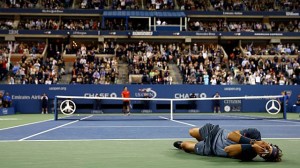“Live a good life. If there are gods and they are just, they will not care how devout you have been, but will welcome you based on the virtues you have lived by. If there are gods, but unjust, then you should not want to worship them. If there are no gods, then you will be gone, but will have lived a noble life that will live on in the memories of your loved ones.”
Marcus Aurelius, 2nd century Stoic philosopher and, for twenty years, Emperor of Rome. I love this statement of the sovereignty of goodness above hairsplitting and vain imaginings. It comes from the Meditations of Aurelius. Actually, I don’t know where it comes from. I’m no classics scholar, and I was nearly fooled. It sounded so good to be quoting a famous but under-read (including by me!) philosopher.
According to WikiQuote, there is no record of such a statement before 2010.




